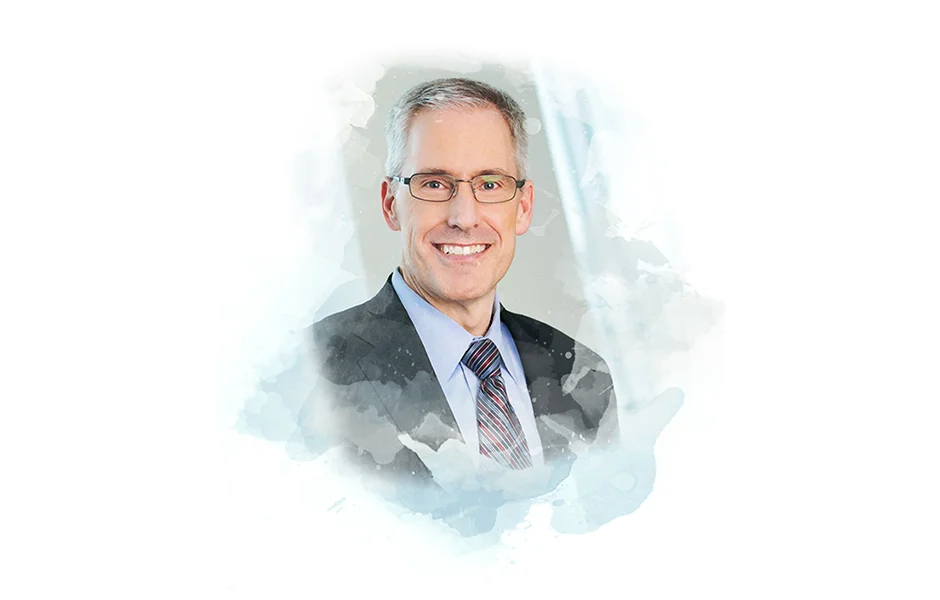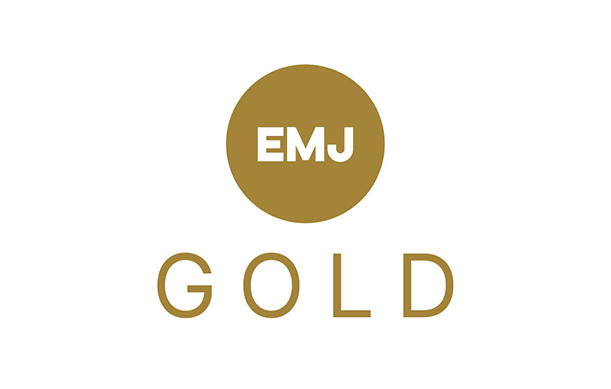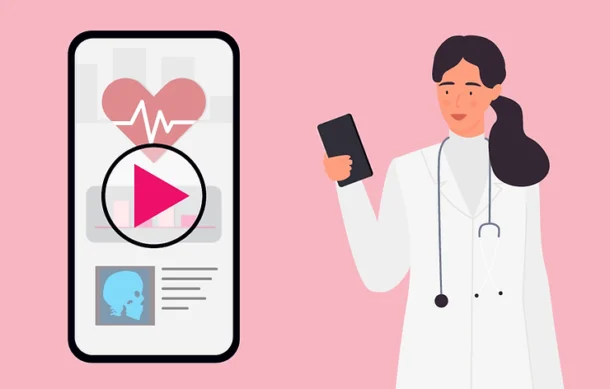Interview by GOLD
Bernie Zeiher is the Chief Medical Officer at Astellas Pharma. Bernie spoke to us about making decisions with the patient in mind, the power of inclusive and diverse teams, and the importance of curiosity and continuous learning
After 11 years of medical education, you joined the pharmaceutical industry where you have stayed for over 20 years. What has been the biggest motivation for you throughout your career?
Throughout my career, both as a physician and in the pharmaceutical industry, I really have found two passions. One is science: I love being able to understand human physiology and explore the mechanisms of disease. The other is using that knowledge to help patients. In industry, you can help even more patients; rather than treat patients one-by-one. You can work on medicines that may help hundreds, thousands, or even in some cases, millions of patients.
In your role as Chief Medical Officer, how have you been able to implement Astellas’ vision of turning innovative science into value for patients?
As Chief Medical Officer at Astellas, a number of functions report into me, including all therapeutic areas of development, medical affairs, regulatory affairs, pharmacovigilance, quality assurance, and strategy operations. This role, and my time spent in drug development, has taught me that you need to focus on several things to ensure the development and delivery of safe and appropriate medicines throughout the lifecycle, produced by highly effective teams.
From an organisational standpoint, you need to increase the functional capabilities. We operate in a matrix organisation where each function has high levels of technical expertise. Here, I’ve tried to challenge the leaders to see if they have the right depth and breadth of talent. You can’t be in a situation where you depend on one or two individuals. We are really in a continuous war for talent – people leave, and you can’t always rely on hiring-in, so you need to build a bench of talent.
In an organisation, you also have to create a place where change is embraced. The reality is that companies, portfolios, and working environments change – and we need to adapt. There is no better example than COVID-19. It has challenged us all to change, from embracing virtual interactions to decentralised trials.
Finally, within our teams, we always keep the patient in mind. This creates a sense of motivation and urgency; if we keep in mind what is best for the patient, we will make the right decisions.
What has been the biggest challenge in your mission to address unmet patient needs in underserved and serious diseases?
The first is picking the right project; in an organisation like Astellas, and even in larger organisations where I have worked in the past, there are always resource constraints and a need to prioritise. You can’t treat all projects the same and you have to allocate resources to the highest priority projects that you think are most likely to address unmet medical needs. The problem is that this prioritisation is an inexact science. There is a high attrition rate and not all the projects that we think are very likely to succeed do end up succeeding. And some of the projects we think are a long shot and are unlikely to succeed end up delivering tremendous value.
On a similar note, organisationally, we are always changing, and we need to pick the things that are going to have an impact and effectively change how Astellas operates. As a leader, I have to think about picking the right projects, change initiatives, and process improvements, then ensure we have our best people on these projects.
In an inclusive environment, people share their opinions and give you the best plans
As a leader, you are focussed on building empowered and diverse teams with unique skillsets. How do you approach building these teams and why are they so important?
Developing a medicine is never the result of one person. It requires a tremendous amount of inter-disciplinary collaboration. Further, the number of specialised capabilities continues to increase, especially as we move into new modalities like gene and cell therapies. To build the necessary capabilities, you have to think about it in two ways. The first, is having functional expertise in areas like statistics and clinical pharmacology. This starts with the leader, who must be able to make an honest assessment of the capabilities you have and the capabilities you are going to need. Then, they must try and fill that gap with selective hiring, developing talent, and external experts. This is an iterative process: portfolios, knowledge, and capabilities change and leaders must stay abreast of the latest advances.
The other is creating an inclusive environment. This comes from a mutual respect for functional representatives and what they bring to a team. In an inclusive environment, people share their opinions and give you the best plans – this is the secret sauce for the best programmes. Inclusive teams are energising and you enjoy those meetings; you leave feeling aligned. These teams are much more capable of moving projects forward smoothly, without leadership interventions.
Developing a medicine is never the result of one person
You are an advocate for continuous learning and professional development. How critical has this mindset been to the success of your career?
I am definitely a believer in continuous learning: it has helped me throughout my career and it stems from a curiosity to learn about new mechanisms and science. I started in medical school, went into internal medicine, and then into pulmonary critical care. My drug development career began in that critical care side, where I was working in trials for sepsis and acute lung injury. That was very much my area of expertise, but since then, I have worked in so many different therapeutic areas. Even now, I’m in an organisation that has much greater breadth with pharmacovigilance, regulatory and medical affairs. If you are going to be successful, you have to know your area, but also be curious about the others.
In our rapidly changing world, especially with the pace of innovation, you have to remain up-to-date, and that is the exciting part – trying to keep up and learn. Being a continuous learner is great both personally and professionally and I encourage all of our employees to be curious and to always learn.
In your role, how are you shaping the future of Astellas to ensure the organisation is constantly evolving in a competitive environment?
This is one of our biggest challenges. The pace of change has become so fast, not only in the science, but also with the competition. I ask our teams to monitor the external environment and remain up-to-date when working on a product with a mechanism where there might be competition. We also need to make honest assessments about our capabilities and our portfolio. There are going to be times when we have projects that were good in the past, but in the present they are not good enough. We must admit that and know when to terminate projects and move on, even when people are personally invested.
When we get a breakthrough product, we have to pivot – get our best people on it and find the necessary resources to make it move as quickly as possible. COVID is a great example: we saw companies pivot so quickly and put huge teams on this. For us, we’ve had a number of products that we’re especially excited about; one is enfortumab vedotin-ejfv, or PADCEV, which has shown some dramatic results. We’re trying to put our best people and resources on it and remove any obstacles, which is critical.
If you could write a letter and send it back to 1996, what is the one piece of advice you would give yourself as a graduate from the Pulmonary and Critical Care Fellowship, University of Iowa?
I would encourage myself to spend some more time thinking about things outside of my area, such as clinical pharmacology or clinical trial design. During medical school, my residency, and fellowship, I probably didn’t spend enough time learning about these and that would have come in handy. I had to go back and learn more about these things when I transitioned to the industry.
I’d also encourage myself to be humble and a team player. Back in the day, when I was in training, physicians’ opinions were not to be questioned or challenged as much. I do not think that is so much the case in medicine now, but it is never really the case in the pharmaceutical industry. Here, as a physician, you come in and bring one perspective, and it is so important to get the other perspectives and incorporate those into how we do our work. From statistics and how we run clinical trials to learning about the manufacturing process, you need all those areas of expertise – the physician cannot do it alone.






